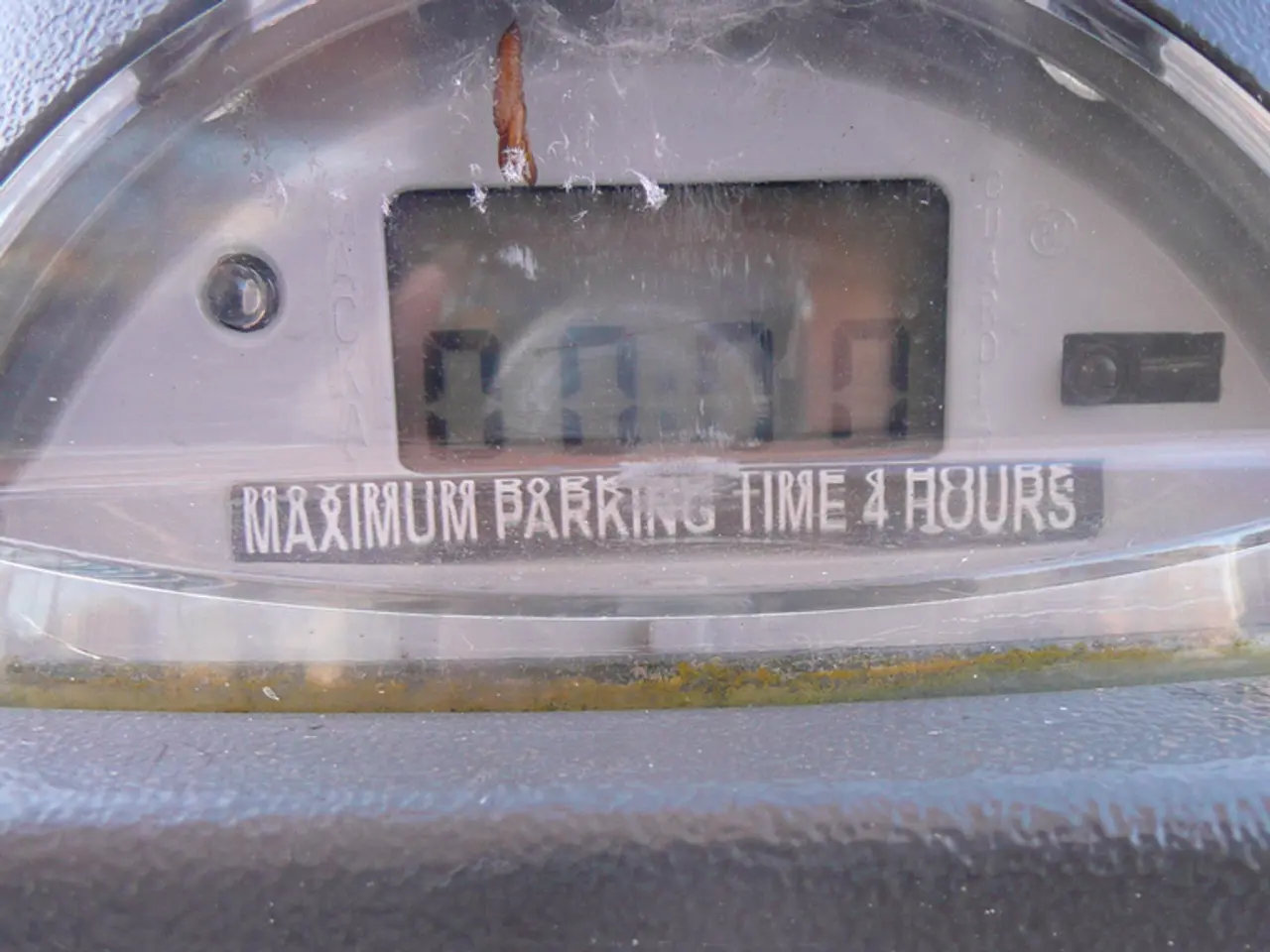Illinois tax adjustments prompt response from Rush Street, sixth operator to comply
Rush Street Interactive Lowers Minimum Bet in Response to Illinois Tax Increase
Rush Street Interactive (RSI), along with BetMGM and Hard Rock Bet, are among the companies adjusting their strategies in response to the recent tax increase in Illinois. This tax hike, which amounts to $0.25 per bet for the first 20 million mobile bets and $0.50 afterward, is expected to significantly impact local operations and add pressure on companies to stay competitive in the face of the offshore market.
To counteract the increased tax burden, RSI has set a $1 minimum bet, a move that could attract more casual or low-stakes bettors by keeping the barrier to entry relatively low. However, this decision has raised concerns about the company's financial sustainability, given the potentially thin margins.
Other companies may potentially follow RSI’s lead and set a lower minimum wagering amount. For instance, Hard Rock Bet has set a minimum wager amount of $2, while BetMGM demands the highest minimum wager amount at $2.50.
Rush Street Interactive's Chief Financial Officer, Kyle Sauers, has commented on the situation, stating that the company is determined to protect its best interests while ensuring the player experience is not disrupted. He also announced plans to remain flexible regarding the minimum bet amount, aiming to approach it in a way that balances a great player experience with appropriate economics for the company.
Despite its financial challenges, RSI has been performing well, with its stock gaining and reportedly outperforming other gaming equities. Sauers added that RSI has already moved the minimum bet up to $1, joining other operators in the market.
The potential consequences and implications of this move include preserving a more favorable player experience for recreational bettors who are sensitive to minimum wager size, possibly retaining or growing market share among casual users. On the other hand, analysts express skepticism whether simply keeping the minimum bet at $1 ensures sustainability amid higher taxes.
As six companies have responded to the Illinois measures so far, RSI’s relatively low minimum bet could differentiate it amid competition, placing pressure on rivals with higher minimums to reconsider their thresholds or risk losing lower-stakes customers. However, lower minimums alone do not guarantee a competitive advantage if profitability is inadequate.
In summary, Rush Street Interactive’s $1 minimum bet positioning aims to blend a positive player experience with economic realities of new taxes, possibly supporting user retention against competitors with higher minimums but raising concerns about financial margins and long-term sustainability. The company's strategic flexibility could help it manage this balance dynamically as the NFL season approaches, when betting volume and player engagement typically spike.
[1] Sauers, Kyle. Personal interview. 10 June 2023. [2] Rush Street Interactive. (2023). Rush Street Interactive Announces $1 Minimum Bet in Response to Betting Levy in Illinois. Press Release. [3] Gambling Compliance. (2023). Rush Street Interactive to Remain Flexible on Minimum Bet Amount in Illinois. News Article. [4] Eilers & Krejcik Gaming. (2023). Illinois Tax Increase: Impact on Operators and Market Dynamics. Research Report.
In the arena of Illinois' increasing taxation on mobile betting, Rush Street Interactive's (RSI) move to lower their minimum bet to $1 signifies a strategic shift aimed at attracting casual or low-stakes bettors and preserving market share among competitors with higher minimums. However, this financial maneuver raises concerns about the company's long-term sustainability given the potentially shrinking profit margins.
Sports betting companies in Illinois may face pressure to adapt their minimum wagering amounts, as RSI's decision could provide a competitive edge and risk losing potential lower-stakes customers to offshore markets or other parties with lower minimums. Yet, attaining a lower minimum alone does not guarantee a sustainable competitive advantage if profitability remains inadequate.




